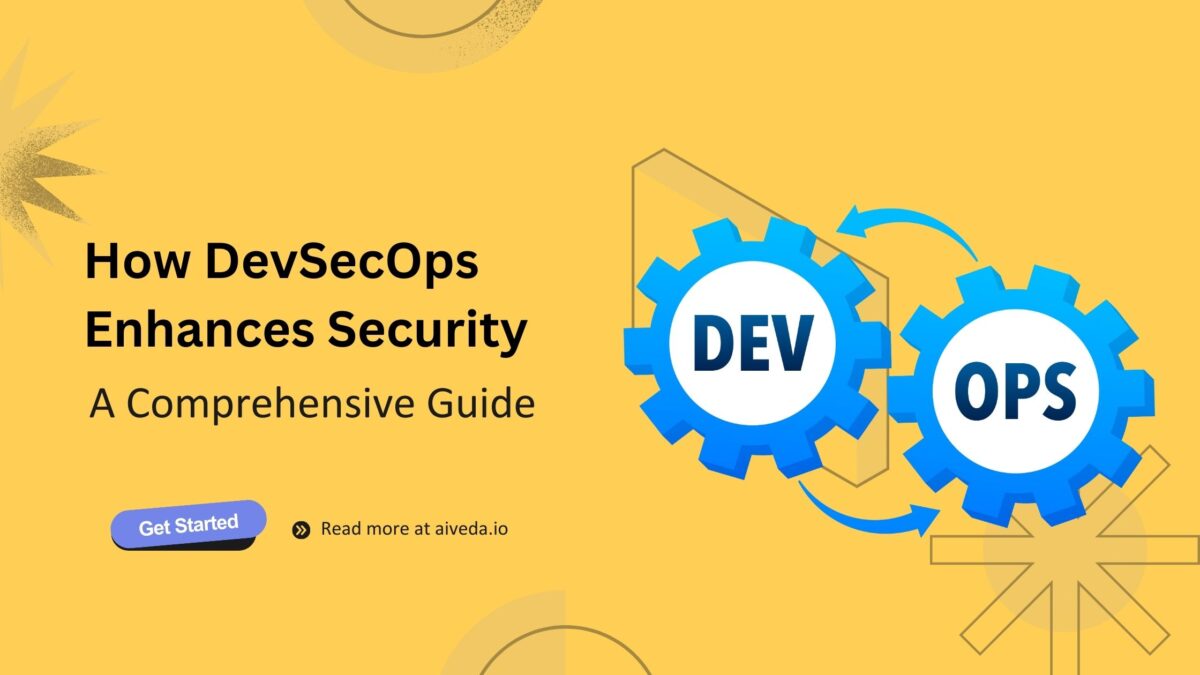Introduction
In today’s fast-paced digital landscape, security can no longer be an afterthought. Traditional DevOps practices often sideline security measures, treating them as separate from the development and deployment cycle. This approach is not only risky but also inefficient. Enter DevSecOps—a methodology that integrates security into the DevOps process. This blog post explores how DevSecOps enhances security, making it an integral part of the software development lifecycle.
What is DevSecOps?
DevSecOps, short for Development, Security, and Operations, is a set of practices that integrates security protocols into the DevOps pipeline. Unlike traditional models where security checks are performed at the end, DevSecOps incorporates security from the get-go, ensuring that every piece of code is secure from inception to deployment.
Key Principles of DevSecOps
- Shift Left: Security measures are implemented early in the development cycle, reducing the chances of late-stage vulnerabilities.
- Automation: Security checks are automated and integrated into the CI/CD pipeline, ensuring continuous security assessment.
- Collaboration: DevSecOps encourages collaboration between development, security, and operations teams, fostering a culture of shared responsibility for security.
How DevSecOps Enhances Security
- Early Detection of Vulnerabilities
By shifting security left, DevSecOps enables early detection of vulnerabilities, making it easier and less costly to address them. This proactive approach minimizes the risk of security breaches.
- Continuous Monitoring
Automated security checks are part of the continuous integration and continuous deployment (CI/CD) pipeline, ensuring that the code is continuously monitored for vulnerabilities. This leads to more robust and secure applications.
- Faster Response Time
With security integrated into the DevOps process, the time to respond to security incidents is significantly reduced. This is crucial for minimizing the impact of any security breaches.
- Compliance and Governance
DevSecOps practices make it easier to adhere to regulatory requirements and governance policies. Automated checks and audits can be configured to ensure compliance with various standards.
- Improved Collaboration and Culture
DevSecOps fosters a culture of shared responsibility for security, breaking down silos between development, security, and operations teams. This collaborative approach leads to more secure and efficient development practices.
Case Studies
- Financial Sector: A leading bank integrated DevSecOps into their development process, reducing the number of security incidents by 60% within a year.
- Healthcare: A healthcare provider implemented DevSecOps and automated compliance checks, ensuring that their applications met stringent HIPAA regulations.
Conclusion
DevSecOps is not just a methodology; it’s a cultural shift towards making security a collective responsibility. By integrating security into the DevOps process, DevSecOps consulting offers a more efficient, effective, and secure approach to software development. As cyber threats continue to evolve, adopting DevSecOps is no longer optional—it’s a necessity for any organization serious about security.


